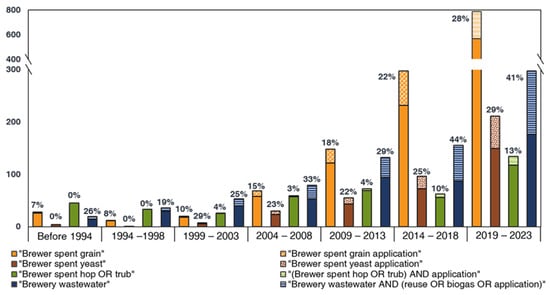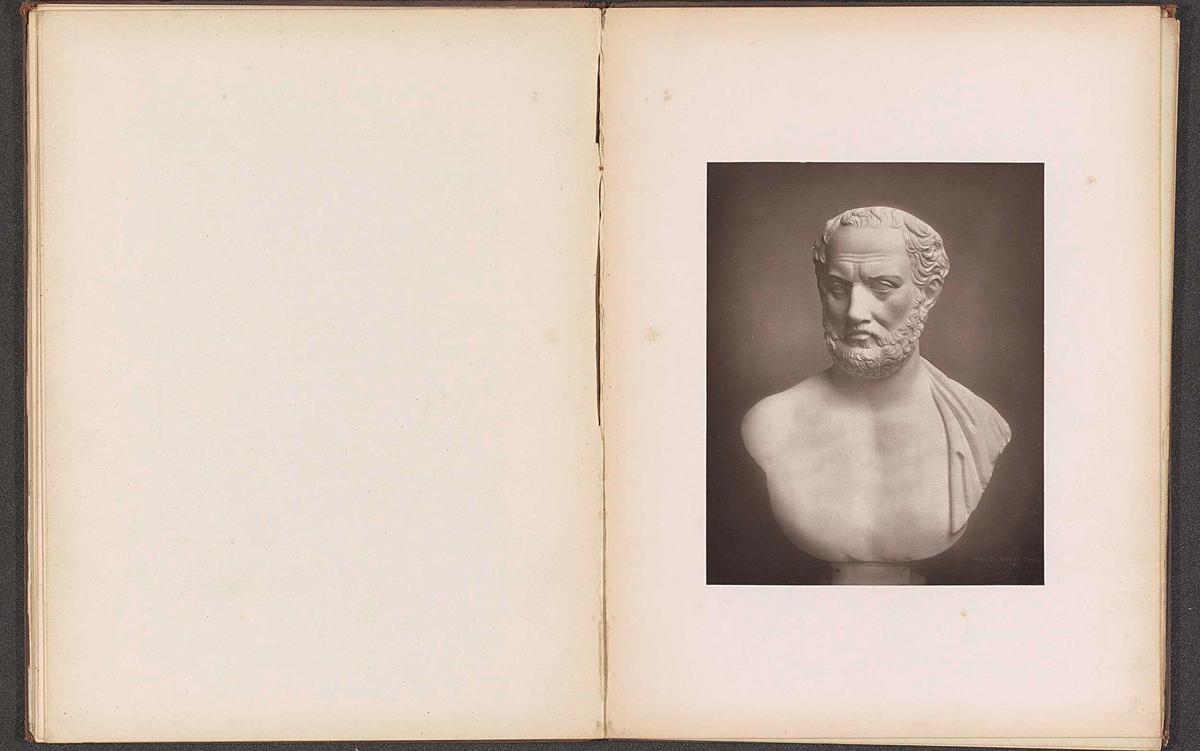
He Spent Six Days in a Cell Covered in Feces. The Supreme Court Says He Can Sue His Jailers.
“The officer that was standing next to me, he just kind of cringed,” Taylor recalls. It wasn’t until Taylor was inside the cell, the solid door locked behind him, that he got a good look.
There were human feces everywhere, he said: smeared on the window, the ceiling, packed inside the water faucet. A smiley face and a swastika were painted in feces on the wall. A layer caked on the floor made a “dry crunch” under his feet.
Through the slot in the door that the officers used to uncuff him, he heard one officer say to another, “He’s going to have a long weekend."
That day in September 2013 sparked a legal odyssey stretching from a state prison outside Lubbock to the U.S. Supreme Court. Taylor fought for the right to sue his guards and lost in two lower courts, only to prevail in the nation’s highest court in November 2020. He was recently released after serving an 11-year sentence for robbery. Though barely known to the public, his case — which centers around a legal doctrine known as qualified immunity — provides new legal avenues to hold law enforcement responsible for the most egregious misconduct.
Qualified immunity shields government workers from being personally sued for their actions on the job, except in rare circumstances. The idea is that no one would want to work for the government if they were at risk of personal bankruptcy for every good faith mistake. But in recent years, groups across the ideological spectrum have begun to question the doctrine, arguing it made it nearly impossible to hold law enforcement accountable.
Leave a Comment
Related Posts

The Supreme Court Has Carved Out One Religious Exemption After Another. The Next May Be A Blow To LGBTQ Rights.
Comment
























